Powers of a supervisory review court? Who owns them, one or more ships? And what are the features of the exercise of authority?
Legislation
The powers of the supervisory review court are regulated by the Civil Procedure Code. Nothing else affects the area of proceedings described.
Profile codes also mention the stage of oversight (CAS CPC, CAO and AIC). The peculiarity of this stage is that there are no guiding explanations on it, because cases are considered exclusively by the Armed Forces of the Russian Federation. Naturally, no one will write a resolution solely for themselves. And besides, the court has wide scope for activity.
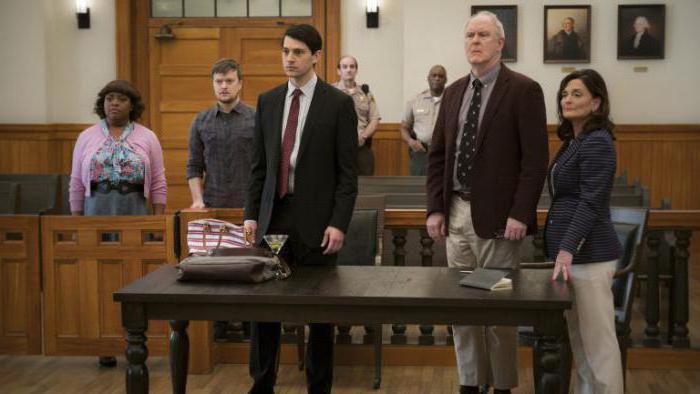
Another feature of supervisory review is the absence of certain rules, in particular, the exercise of certain powers of the court is not limited by the time frame. The courts of the first and appeal and cassation instances do not have such an exemption.
Who performs oversight functions
The stage of oversight is of paramount importance. Indeed, in the framework of the country it is the last resort in which the case can be reviewed. There is nowhere to send more complaints at the national level. The consideration of complaints in international courts and organizations has its own specifics.
According to the procedural code, the powers of the supervisory authority are not the court, but a special group of judges. The Presidium of the RF Armed Forces, as it is referred to in the law.
It includes the Chairman and his deputies. They are considered to be the best judges of the country.
The Presidium presents all categories of specialists (in civil, arbitration, and criminal cases and cases involving the military).
Production initiation
The powers of a supervisory court do not exist on their own. The only way to achieve the opening of proceedings is to file a complaint with the Presidium of the court.
It has the right to either the participant in the process or the prosecutor. In addition to them, the right is still granted to a citizen or organization whose interests are affected by the results of the proceedings. This includes the authorities. It does not matter if they previously participated in the consideration of the case at all stages.
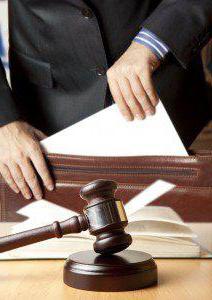
The Prosecutor General’s Office acts on behalf of the prosecution authorities. Without her participation or permission, department employees do not send a complaint to supervision.
For example, if one of the co-defendants did not participate in the proceedings, neither in the appeal, nor in the appeal, and he is not satisfied with the final decision, then he is not deprived of the opportunity to file a supervisory appeal.
What is included in the rights and obligations
The list of powers of the supervisory court includes actions for the adoption, consideration of complaints and the issuance of a final decision on them.
At the same time, there are some limitations. They are described below. They mainly concern complaints. Not all are considered acceptable.
Acceptance to production
The powers of a supervisory court in a civil proceeding are limited by the list of cases to which it is limited:
- passed the stage of cassation in the courts of the subjects;
- passed the stage of cassation in the Armed Forces of the Russian Federation;
- past the appeal stage in the Armed Forces of the Russian Federation;
- reviewed by the Supreme Court on the first, and then on appeal.
If the cases have not passed the appeal and cassation stages, that is, the relevant applications were not sent, and at least they were not refused, sending a supervisory appeal does not make sense.
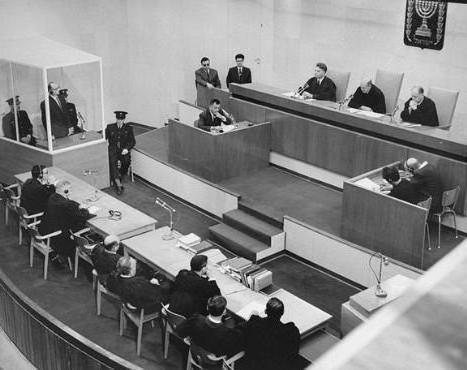
The judge, having not found faulty determinations or decisions, leaves the complaint without motion. The responsibility to provide a copy rests with the author of the complaint.
Evaluation of the application form
Judges are responsible for evaluating complaints. It is carried out in form and substance.The powers of the supervisory review court in the arbitration process regarding the assessment of complaints are similar. The provisions on the procedure for handling complaints within the framework of supervisory review proceedings are identical.
Formal requirements are not difficult to fulfill. They include:
- name of court;
- listing of process participants, their details;
- statement of circumstances;
- grounds for the opinion of the author of the complaint to cancel previous decisions or one of them;
- a request to the court (to cancel or change one of the previous decisions or all of them);
- list of attached documents;
- receipt of payment of state duty;
- signature and date.
Checks the number of copies of documents filed with the complaint according to the number of potential participants.
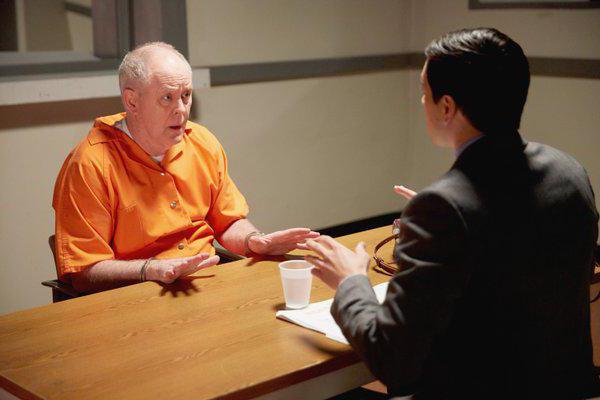
As a rule, these requirements are met by almost all applicants. If they are violated, documents are returned in the arbitration process. In civil proceedings, at first the application is left without movement, and if the defects are not corrected, they are returned.
The law does not prohibit recourse to court. Just to meet the deadlines.
On the direction of the supervisory appeal is given 3 months. the time period is counted from the day after the last decision is made.
Essential requirements assessment
What is the difference between the powers of the courts of appeal, cassation and supervisory review in civil proceedings? In short, the difference is as follows:
- the appeal assesses the correctness of the establishment of facts, the application of substantive law and the implementation of procedural rules;
- cassation evaluates the correct application of substantive law, the implementation of the rules; assessment of the correctness of the establishment of facts is not within its competence;
- the supervisory authority, in essence, is similar to the cassation instance.
Nevertheless, the grounds for the reversal of the decision are formulated differently.
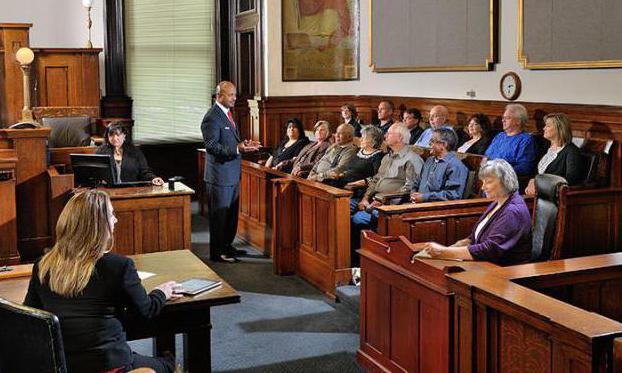
Supervision also tries to evade questions of fact. An exception is the identification of violations of substantive and procedural law, which could not but lead to an incorrect assessment of the facts.
Initial Complaint
The powers of the supervisory review court are vested in the judge, to whom the application with the attached documents is transmitted. He checks the fulfillment of formal requirements and decides how significant its arguments and arguments are.
The applicant has the right to appeal to the Chairman of the RF Armed Forces and ask him to declare the refusal to transfer the material to the supervisory authority unreasonable. Papers with such a request are filed today in the name of Lebedev V.M. Either he or one of his deputies decide on the validity of the colleague’s actions on the complaint.
Grounds for canceling decisions by a supervisory review court
- The rights and freedoms expressly prescribed in the Constitution and international documents recognized by Russia have been violated.
- The interests of an unlimited number of persons, public interests are violated.
- The unity of the practice of applying legislation is violated.
As you can see, the powers of the supervisory review court in the civil process affect a wide range of situations.
How are the provisions of the law interpreted? The court checks the decisions of lower judges in the light of the implementation of both the Constitution and international treaties. For example, the court regularly publishes supervisory practice and in its acts refers both to Russian legislation and international acts.
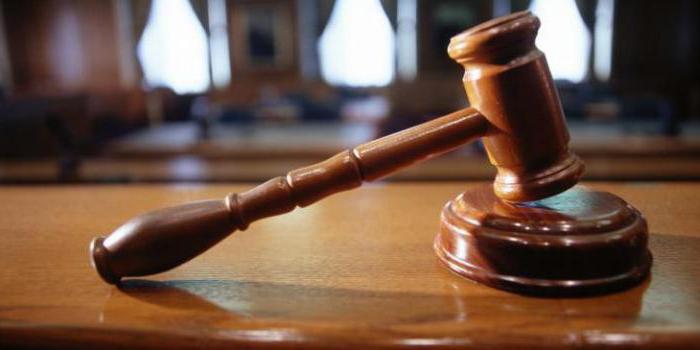
The second item is usually related to cases in which the prosecutor's office takes part. For example, the dispute affects the organization of payment for housing services directly to the supplier, and not through intermediaries. At the time of 2017, the Code of Civil Procedure had finally prescribed the right to come out with a lawsuit to protect an unlimited number of citizens and to citizens and public organizations themselves.
The unity of practice is not carried out while ignoring the explanations of the Constitutional Court of the same Supreme Court of the Russian Federation, or the practice of international institutions, in particular, the ECHR, is not taken into account.
The most striking examples are the ignoring of examples from practice reviews published by the RF Armed Forces, or rather, by its Presidium.
Review Results
The study of the arguments is already carried out by the judges of the panel, which then makes a collective decision. What are the authors of complaints or their opponents expecting?
- Previously adopted acts of the courts remain unchanged.
- Previous decisions are canceled, and the case is sent for a new trial to a lower court (which one is indicated in the decision).
- The cancellation of decisions, in whole or in part, the termination of the proceedings or leaving the application without consideration on the merits (in other words, the court returns the parties to the situation that existed before the lawsuit was filed, and the process does not have any consequences for them).
- The validity of one of the previous decisions.
- The cancellation of all previously made decisions, the adoption of a new one or a change in the part of the decision recognized as generally true.
- Leaving the complaint without consideration, in fact (i.e., according to the court, the applicant did not have the right to file an application, since his rights were not affected or the appeal and / or cassation stages were not passed).
The results of the implementation of the powers of the supervisory review court are basically the cancellation of previously adopted decisions and the referral of the case to a new trial.
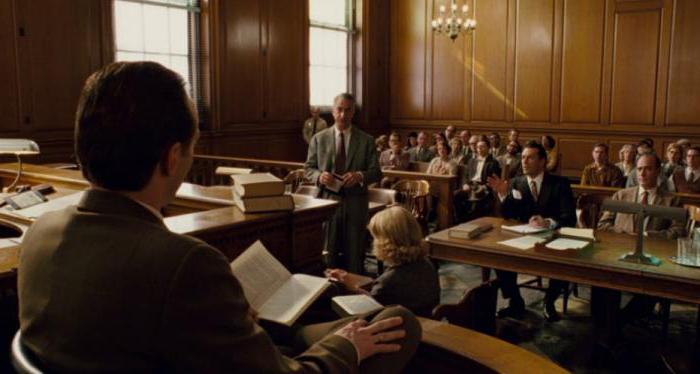
At the stage of supervision, a new decision is made provided that there is no need to establish new facts, or, speaking the language of the law, eliminates only inaccuracies in the interpretation of the norms of the law in a particular case.
Arbitration
Does the regional arbitration court have powers of a supervisory review court, as well as those equated to it? All supervisory complaints in arbitration cases, despite an extensive and multi-stage system of institutions, are examined according to the same scheme as civil ones - in the RF Armed Forces, more precisely in its Presidium.
Criminal Oversight
The powers of a supervisory court in criminal proceedings are similar to those used by judges in civil and arbitration cases. The complaint is also sent directly to the Armed Forces of the Russian Federation, to the Presidium of the court. One of the judges decides whether to open proceedings on it or not.
The applicant has the right to appeal against his refusal to the President of the court, and he - to agree to the complaint and still send the materials for consideration to the board.
What restrictions are imposed on judges during the review?
- It is impossible to identify new circumstances or consider proven those with the presence of which neither the trial court nor the appellate court agreed.
- Evidence cannot be given an assessment, which is mandatory for the court, which will consider the case in the future.
- The rest of the court is entitled to give instructions that are binding on the lower court.
What circumstances are the reason to cancel or change the sentence? It:
- substantial violations of substantive and procedural law;
- non-fulfillment by the convict of the terms of the agreement on pre-trial cooperation
As can be seen, in comparison with civil or arbitration proceedings, the grounds for reviewing criminal cases are the same for all instances.
As a result of consideration, the Presidium has the right to resort to one of the following options:
- to cancel all judicial acts in the case and terminate the proceedings;
- cancel all previously adopted acts and make their decision;
- cancel previous acts, except for one;
- to cancel the previously adopted acts and refer the case for a new consideration in one of the instances (first, appeal or cassation);
- to amend one of the acts, which then remains in force;
- return the case to the prosecutor.
The last paragraph actually means justification for the convict.
The role of the supervisor
In fact, today, supervision in reality replaces the cassation instance, which does not work properly, due to the fact that appellate judges work in the same institutions as their cassation counterparts. And this is just one of the reasons.
Confirmation of the argument is an array of cases that, in fact, are reviewed by the Presidium of the Supreme Court, and which previously the cassation judges refused to review.So the importance of the powers of a supervisory court in a civil proceeding cannot be overestimated.
The same words are fully applicable to forensic judges reviewing criminal cases.
In the system of arbitration proceedings, in comparison with general courts, the situation is not so difficult. The importance of the supervision system for arbitration also lies in the formation of a unified court practice and the resolution of the most controversial cases.
Arbitration judges are much more willing to listen to the opinion of the highest court than those who work in general courts.